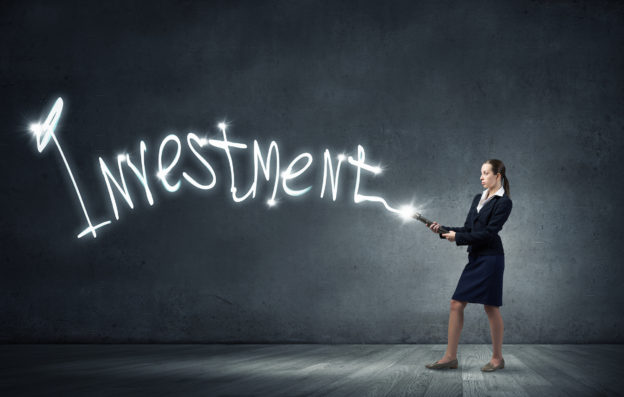The Stock Market can be intimidating and even overwhelming to first timers. You may be one of them, laying in wait, ready to strike when the time is right in order to finally take the plunge into investing. You’ve reviewed investment strategies, read up on investment planning opportunities, listened to all the pundits, read the forecasts and trends of the market — you’ve done just about everything except actually invest.
Sound familiar? You’re not alone. There are plenty of folks out there who are perched at the proverbial water’s edge ready to jump in, yet something is always getting in the way. The apprehension, the second-guessing, you keep telling yourself maybe it’s not the right time right now. But here’s the thing: the right time IS right now. If you’ve considered investing, the best time to do it is immediately. Let me explain.
Pull the Trigger
First timers are going to hem and haw about waiting for the “right” time as dictated by any combination of factors that may or may not have any real basis in fact. Stop the second-guessing and start thinking about your long-term financial goals.
When you make your first initial purchase, the time when you executed it will be inconsequential further down the road as different investments offer varied levels of risk and reward. Don’t worry about what the market is doing right now, worry about what it’s going to be doing a year or five years from now. You’ve already decided you want to invest in the market, now you should really focus on how you’re going to do it. Will be it stocks, bonds, funds?
Consider the length of time you want to put your money into your investments and then pull the trigger. The longer you wait and dilly-dally around worrying about how much you might lose over how much you stand to gain, the more time you’re wasting before you see any return at all.
Be Aggressive
We’ve already determined that you need to get started on your investing strategy immediately. But what that strategy looks like and how aggressive you want to get may depend on a number of factors, none as important as how old you are at the moment you invest your money.
Risk is a major component of investment, we all know that, but the younger you are will sometimes dictate how risky you can be with investing. There are guys out there who have been putting money into stocks since before they could drive and saw exponential gains in their money by the time they went to college. Maybe you don’t have that luxury and you’ve only decided now, at middle-age or older, to begin to dip your toe in the market. Then there really is no time like the present to get started.
Contacting a smart investment management adviser can help you determine how risky you can get with your money at this point in time. Retirement may be on the horizon and you have to be far more conservative than the guy or gal half your age who has decades to weather any short term financial storm and come back out ahead before needing to cash out. A conservative strategy, however, is no excuse not to devise a shrewd common-sense plan for getting into the market. First timers are always going to be cautious, but the longer you play the game, the better you’ll get and perhaps the riskier you may want to become.
Do Your Homework
So now you’re raring to go and you want to put up a sizable investment to get started. Hold up. Wait a second. (I know; I’m contradicting myself here). You want to first conduct some due diligence first, educate yourself on the investment products that you can buy into, the methods by which to do so such as online trading, and the alphabet soup of acronyms like ETF’s, REIT’s, IRA’s, and so on.
Explore which investments represent the most volatility and which ones are generally safer and more diverse to start with as a first timer. It’s up to you how much time you want to spend educating yourself adequately, but learning everything you can now, or finding an experienced investment advisor to provide guidance and expertise, will help you avoid surprises later on.

